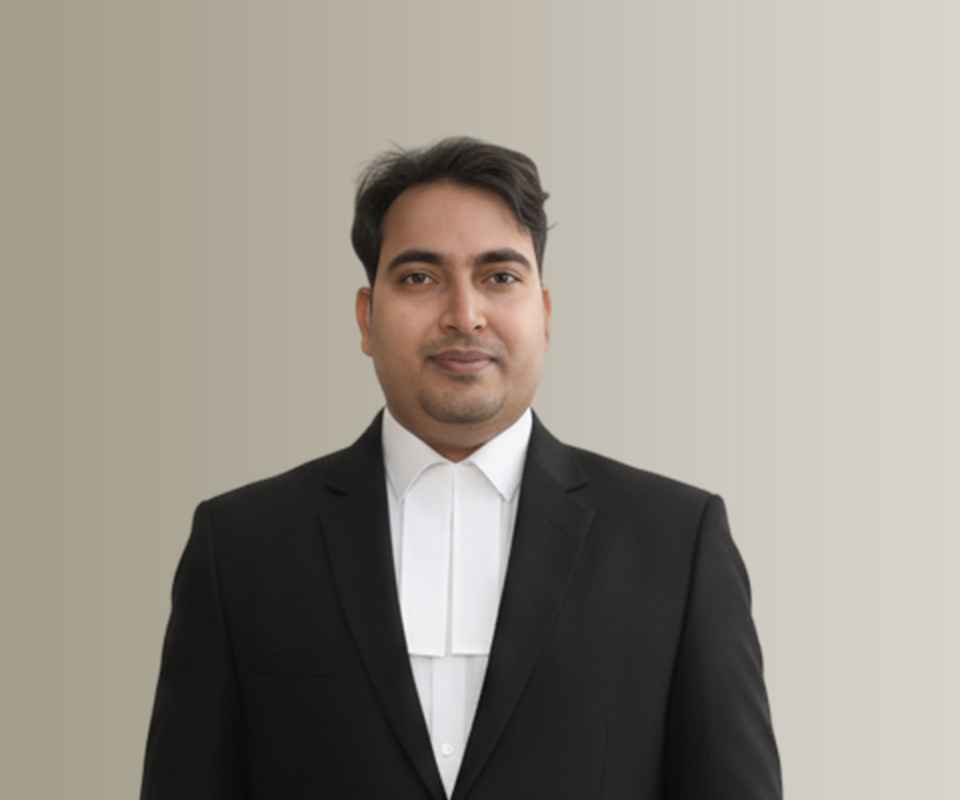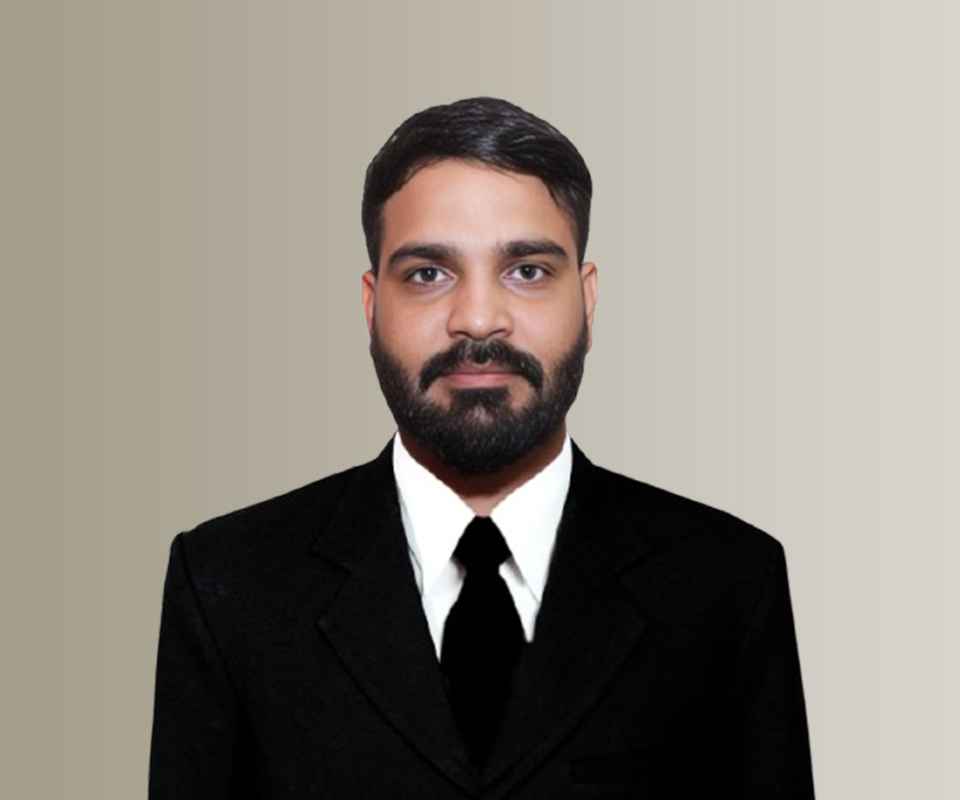Answer By law4u team
The Armed Forces Tribunal (AFT) in India is a specialized tribunal that deals exclusively with matters related to the armed forces personnel. Here are some key differences between the AFT and other courts in India: Jurisdiction: AFT: The AFT has jurisdiction over cases and matters related to the armed forces, including disputes, grievances, and legal issues involving military personnel, veterans, and their dependents. Other Courts: Other courts in India, such as the civil courts, criminal courts, High Courts, and the Supreme Court, have jurisdiction over a wide range of legal matters, including civil, criminal, constitutional, and administrative cases that are not exclusively related to the armed forces. Specialization: AFT: The AFT is specialized in handling cases specific to the armed forces, such as service matters, promotions, disciplinary actions, pension disputes, and issues related to military law. Other Courts: Other courts handle a broad spectrum of cases, including civil disputes, criminal trials, constitutional challenges, family law matters, and more, involving individuals from various walks of life. Composition: AFT: The AFT is composed of judicial members who are retired judges of High Courts or the Supreme Court, as well as administrative members who are experts in military and administrative matters. Other Courts: Other courts in India have judges who specialize in different areas of law, such as civil, criminal, constitutional, and administrative law, depending on the nature of the court. Appellate Jurisdiction: AFT: The AFT hears appeals against decisions of lower military courts and tribunals, as well as original petitions related to service matters, promotions, and grievances of armed forces personnel. Other Courts: Other courts serve as appellate bodies for cases that are appealed from lower courts. For instance, the High Courts hear appeals from subordinate courts within their territorial jurisdiction, and the Supreme Court is the highest court of appeal in the country. Speed and Efficiency: AFT: The AFT was established with the aim of providing a speedy and efficient forum for armed forces personnel to seek redressal of their grievances and disputes. Other Courts: The other courts in India are responsible for handling a wide range of cases, and the speed and efficiency of the legal process can vary based on factors such as caseload, procedural requirements, and available resources. It's important to note that the Indian legal system is complex and multifaceted, with various courts and tribunals serving different purposes and jurisdictions. The establishment of specialized tribunals like the Armed Forces Tribunal aims to ensure a focused and efficient resolution of cases specific to the armed forces context.









